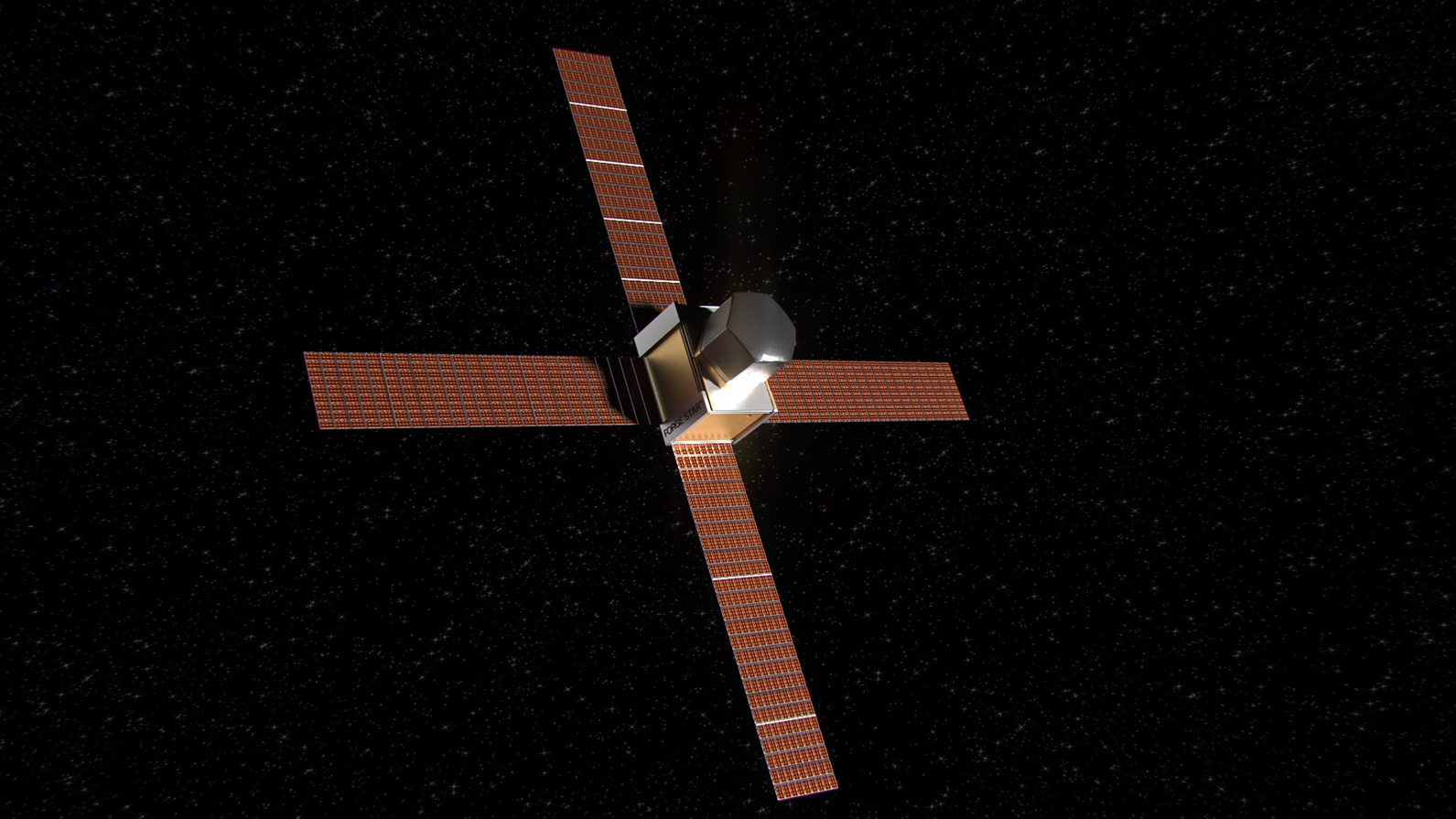Worms on a mission to research muscle loss in space

Image courtesy UK Space Agency / Beata Science Art
Led by scientists from Nottingham and Exeter University, with hardware designed by Oxford-based Kayser Space, a research team aims to determine the causes of muscle changes during spaceflight and find ways to mitigate these biological changes.
Discovering more about muscle loss in space will expand our understanding of how ageing affects our muscles; this could lead to more effective therapies and new treatments for muscular dystrophies here on Earth.
Science Minister Amanda Solloway said: "Experiments in space push the frontiers of knowledge and provide real-life benefits for the rest of us back on Earth.
"It is astonishing to think that sending worms into space could improve our health and help us lead longer lives, and I am thrilled that UK researchers are leading this effort."
The worms, C. elegans, share many of the essential biological characteristics of humans and are affected by biological changes in space, including alterations to muscle and the ability to use energy.
The research will build on an experiment from 2018 and will test new molecular causes of, and potential therapies for muscle loss during spaceflight.
Dr Bethan Philips, Associate Professor of Clinical, Metabolic and Molecular Physiology, at the School of Medicine at the University of Nottingham, said: "Since the dawn of the space age, there have been concerns that space travel can be harmful to astronauts. We are very excited that this latest mission will enable us to build on the work we have already done to not only further explore what causes muscle loss with spaceflight, but to also look at how to prevent it. This work will have implications not only for astronauts but also for many situations on Earth.
Dr Tim Etheridge, Associate Professor at the University of Exeter, said: "The experiment will give us even more new information on the molecules that cause muscle decline in space, and whether targeting these with novel drugs and interventions can help. This information can then build the foundations for safely sending humans on long-term missions into deep space."
Kayser Space, based in Oxfordshire, has developed the hardware for the experiment. The worms will be housed in culture bags inside 24 matchbox-sized experiment containers, each containing three culture bags. Once on board the ISS, these containers will be placed into the incubator in the station’s Columbus Module. The experiment will take place over 5-6 days.
David Zolesi - Kayser Space Managing Director, said: "This launch is the second of a series of three life science payloads developed by Kayser Space to fly to the ISS within three years. It is an important achievement that will help Kayser to bolster its position as a leading partner to the UK scientific community for implementing experiments in space."
The experiment is due to launch to the ISS on the SpX-22, a Commercial Resupply Service mission contracted by NASA and flown by SpaceX using a Cargo Dragon 2 from the Kennedy Space Center in Florida.













